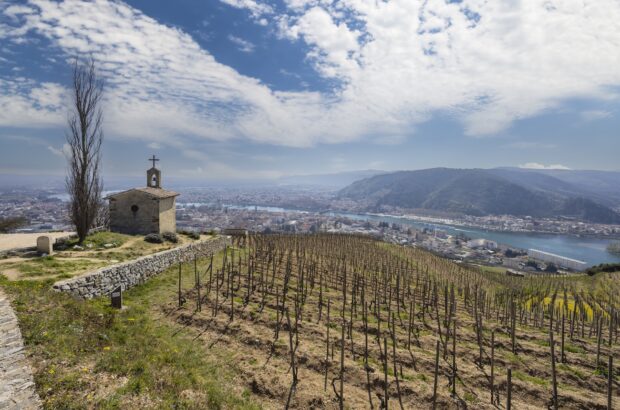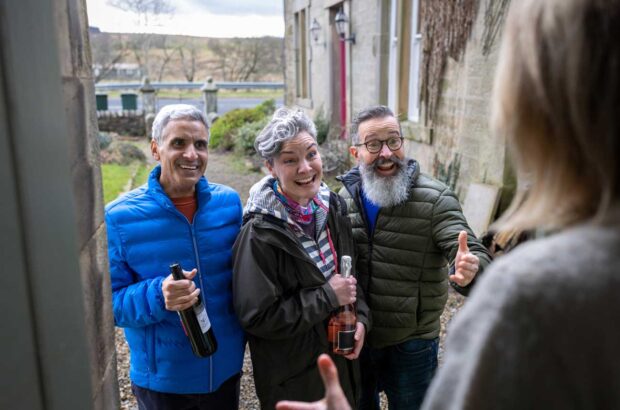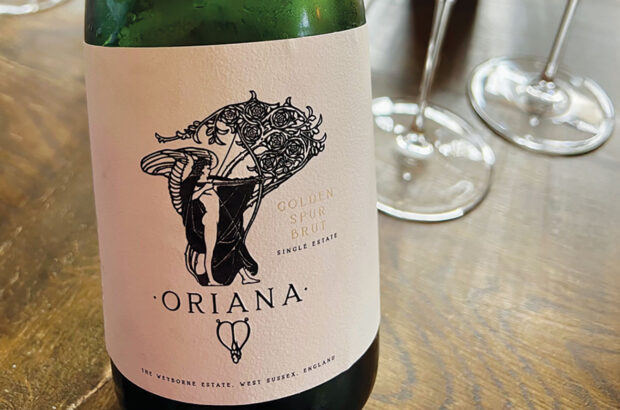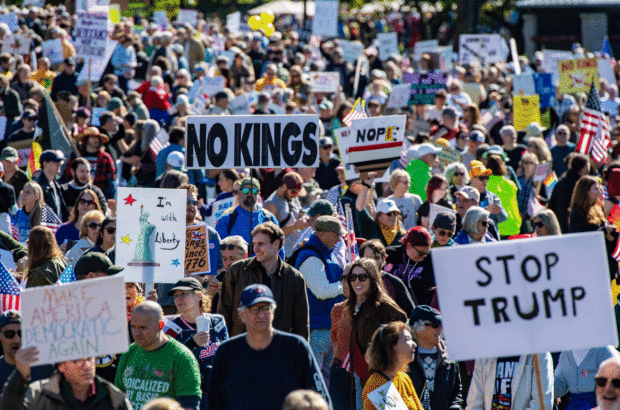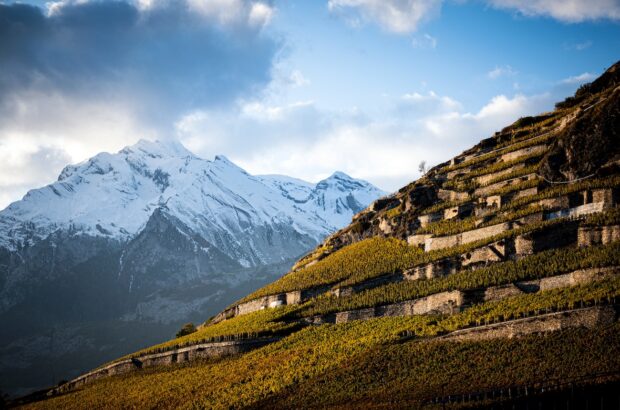The president of the Champagne growers union, Pascal Ferat, says he is concerned that many small-scale, family-owned producers could disappear in the next few years.
Ferat, who was re-elected president of the Syndicat Général des Vignerons de Champagne on 20 February, sees saving family-owned properties as a key goal of his new term in office.
High land prices combined with rules over succession have severely complicated the handing over of the family farm to the next generation, he told Decanter.com.
‘Succession has become that expensive that many people see selling as their only option.
‘This could become a real problem as 20% of the family farm owners are reaching retirement age in the next few years.’
There are just under 15,000 grape growers in Champagne, of which half own less than two hectares. All these growers are small family farms. The larger Champagne houses have been looking to buy more land, but with prices at EUR1.5m per hectare on average, some argue it can take around 70 years to see a return on investment; a long time even for a large, successful Champagne house.
Ferat, who has said he will retire from office after his third term ends in 2016, is pushing for a collective Champenois solution to save the family farm, which he said would be in everybody’s interest.
‘The continued co-operation between the growers and the houses, the two families in Champagne, is primordial if we want to continue to succeed.’
In 2013, global Champagne sales fell by 2% to EUR4.3bn, and by 1.5% in volume terms.
Written by Caroline Henry in Champagne



